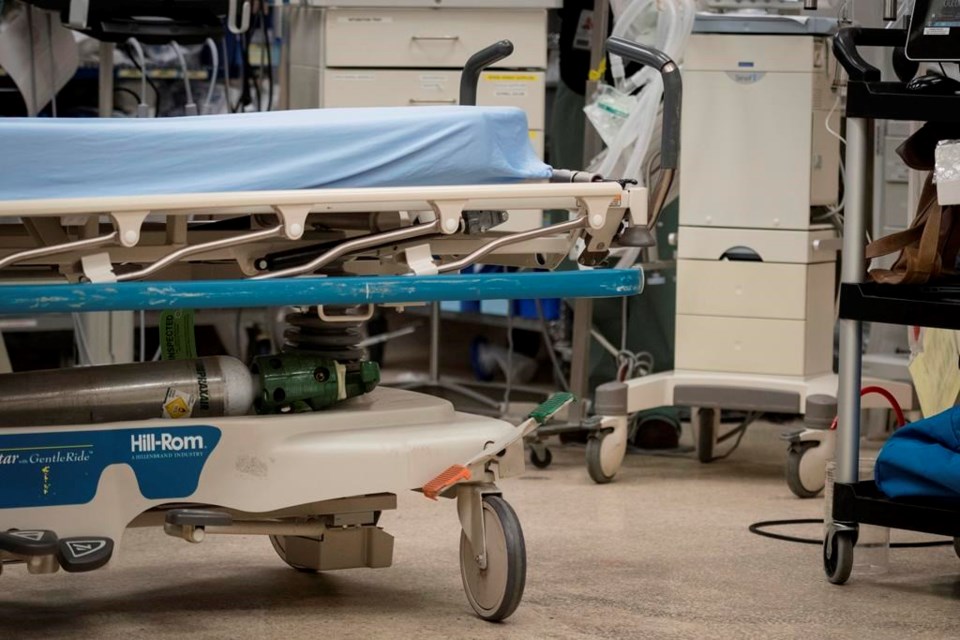WINNIPEG — An English proficiency test for prospective registered nurses in Manitoba, even those who receive all their education in English, is a racial barrier that disproportionately affects Indigenous people, a health official in northern Manitoba said Wednesday.
"They trained in English, they saw patients in English ... and then suddenly you have this structural barrier that looks, to us, as if it's a racial barrier to eliminate access of First Nations nurses," Dr. Barry Lavallee said.
"This to me smells like white supremacy, affecting a policy (of) sort that actually denies access to people of colour including, particularly, First Nations people."
The College of Registered Nurses of Manitoba, which requires the test, said it is necessary to ensure patient care.
"By requiring all applicants to demonstrate that they possess the appropriate level of English language proficiency, the college is helping to mitigate risks to the public in registered nursing practice and delivering on its statutory mandate," the college said in a written statement.
The test is not required for nursing graduates who apply to the college within two years of completing education in English. After two years, applicants face a test of multiple sections including listening and writing.
Lavallee is chief executive officer of Keewatinohk Inniniw Minoayawin, a not-for-profit agency that works to improve health care for First Nations citizens in Manitoba. The agency was set up by Manitoba Keewatinowi Okimakanak, which represents northern First Nation communities.
Lavallee was awarded a certificate of merit this year by the Canadian Association for Medical Education and was recognized last year by Doctors Manitoba for his work in advancing culturally-centred care.
He said Wednesday the English proficiency tests are slanted to people of European descent.
"First Nations people, even if English is their first language, they still think in their own language ... the way you problem-solve can be different," he said.
Tamra Keeper, a nursing graduate from Tataskwayak Cree Nation, said she graduated in 2017 and had to take the language proficiency test when she applied to the college a few years later. She failed a few times, she said, at one point coming up just shy in the written section of the test.
"A few of the hospitals in Saskatchewan have reached out to me," Keeper said. "They too don't understand why I would be required to do an English exam when my education is in English."
The Opposition New Democrats said the language test is coaxing some nurses to go to other provinces at a time when they are desperately needed to fight the COVID-19 pandemic.
The college said it is working on changes.
"We are approaching the imminent implementation of a number of changes to our language proficiency policy and our processes."
The Progressive Conservative government said the language test was brought in under the former NDP government two decades ago.
"Our government will be further strengthening health care and supporting our professionals through our comprehensive health human resources plan, which we look forward to announcing in the coming weeks," reads a prepared statement from Health Minister Audrey Gordon's office.
This report by The Canadian Press was first published Nov. 2, 2022
Steve Lambert, The Canadian Press



